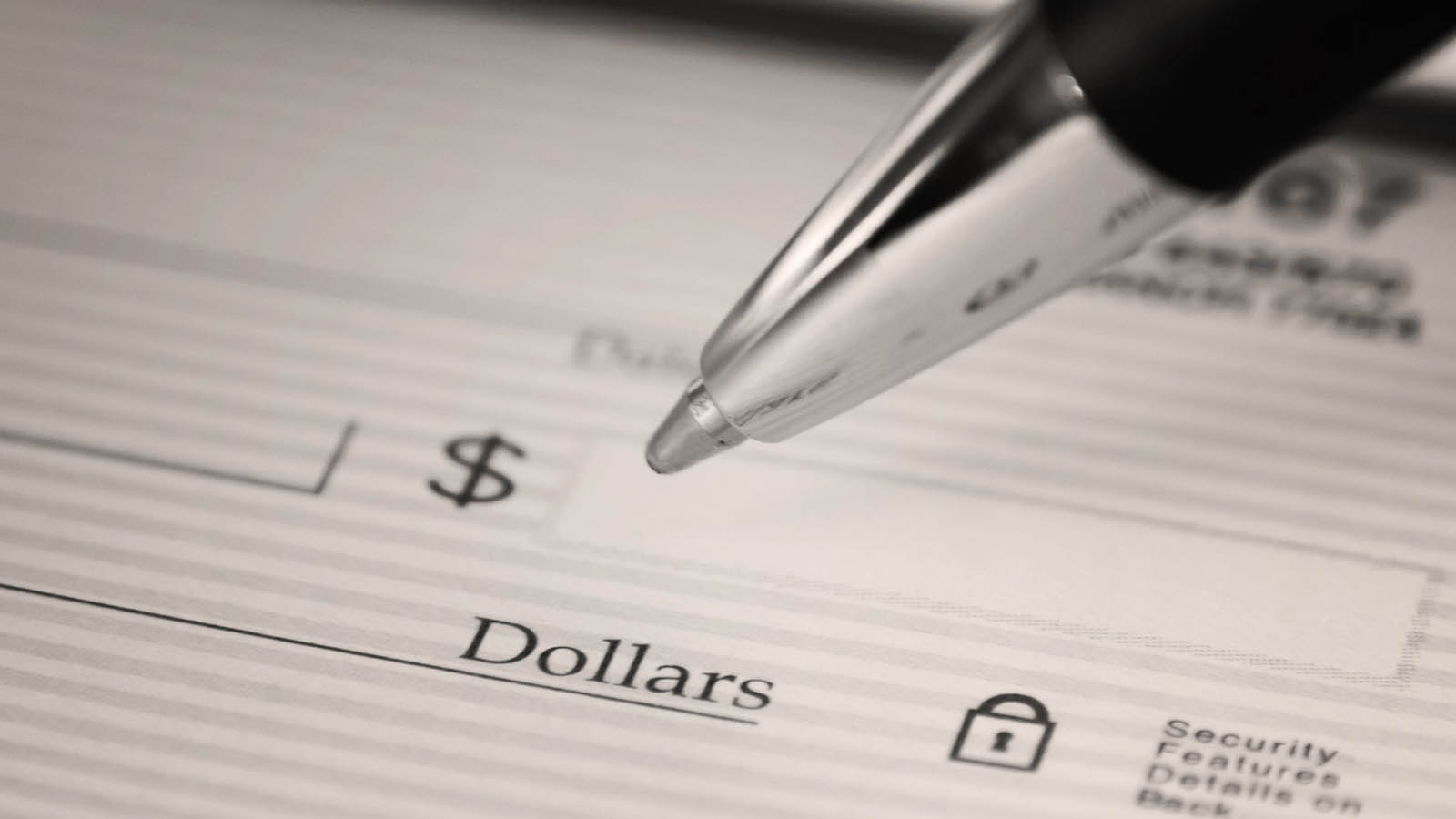Employers Can Reimburse Employees for Their COVID-19-Related Expenses with Non-Taxable Payments
Never miss a thing.
Sign up to receive our insights newsletter.

Employers can make tax-free reimbursement payments to employees who have incurred increased expenses due to the COVID-19 pandemic. This assistance can benefit both employers and employees: the employer can claim the payments as a tax deduction but the employee does not need to report them as taxable income.
Qualified Disaster Relief Payments
The IRS allows individuals to exclude from their gross income any amount received as a “qualified disaster relief payment [IRC Section 139(a)].” A “qualified disaster relief payment” is any amount paid to or for the benefit of an individual to reimburse or pay reasonable and necessary personal, family, living, or funeral expenses incurred as a result of a “qualified disaster.” The COVID-19 pandemic meets the definition of a “qualified disaster” because President Trump declared on March 13, 2020, that the COVID-19 pandemic is a national emergency that qualifies for assistance under the Robert T. Stafford Disaster Relief and Emergency Assistance Act.
COVID-19 Related Expenses
According to the IRS, reasonable and necessary expenses related to the COVID-19 pandemic can include a range of expenses related to remote work, health care and childcare, such as:
- Items to set up a home office, such as monitors, printers, phone and office supplies
- The cost to install new or expanded internet service
- The cost of increased utilities as a result of working from home
- Dependent care expenses, including increased child care or tutoring costs due to school closings
- Remote learning or home schooling expenses, including the cost of a computer, educational materials and subscriptions to online educational resources
- Increased transportation expenses from a lack of access to public transportation
- Non-perishable food reserves
- Unreimbursed medical expenses related to COVID-19
- Costs to purchase personal protective equipment
Payments by an employer to an employee for COVID-19-related expenses must be commensurate with the amount of expense reasonably expected to be incurred by the employee. In addition, expenses that are compensated for by insurance or other reimbursements are not eligible for qualified disaster relief payment treatment.
Tax Impact
Employees are not subject to federal income tax or payroll taxes on the amount they receive as a qualified disaster relief payment. Employees may not deduct or claim a credit for any expenses reimbursed by a qualified disaster relief payment.
Employers may deduct qualified disaster relief payments as ordinary and necessary business expenses under IRC Section 162 or as a working condition fringe benefit under IRC Section 132. Since the payments are not subject to federal income tax or payroll taxes, no federal tax withholding is required.
Required Documentation
The Joint Committee on Taxation explanation about IRC Section 139 indicates that minimal recordkeeping is required for qualified disaster relief payments. Thus, employers are not required to report the payments on a Form W-2 and employees are not required to account for actual expenses. It is, however, recommended that employers implement procedures to document that the amount of any such payments was reasonably expected to be commensurate with the expenses incurred.
Contact us for assistance with Section 139 or for questions on how you can help your employees in a tax-free way.
© 2020